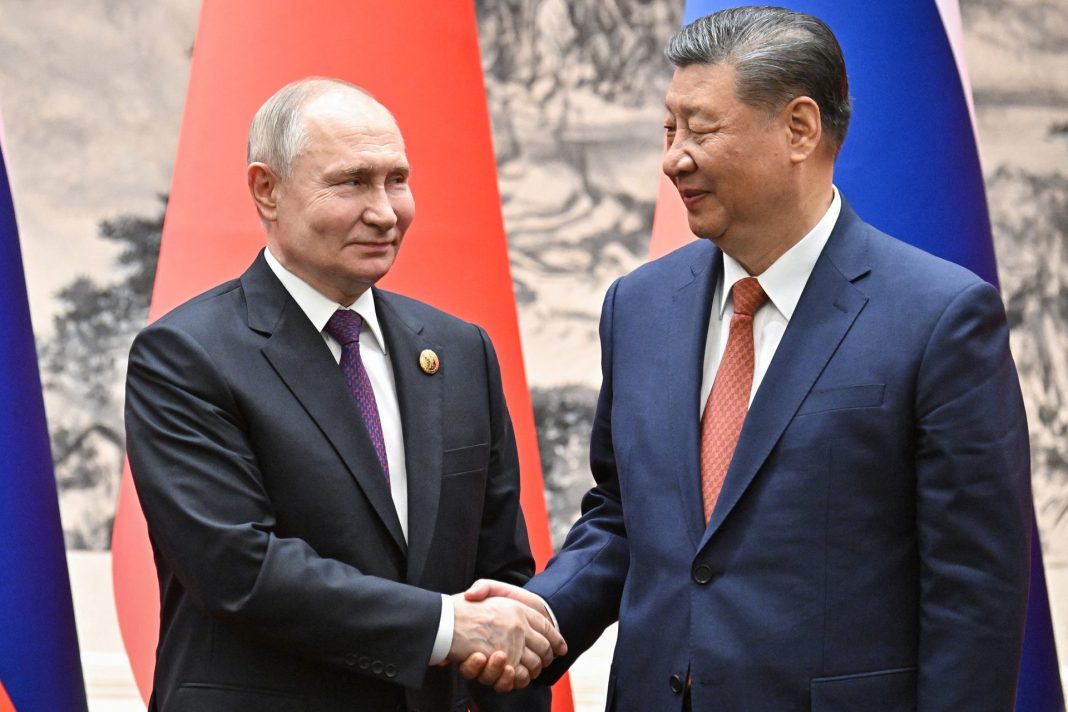Moscow’s alliance with Beijing has helped Russia gain access to technology and equipment that have been blocked by Western sanctions due to the full-scale invasion of Ukraine.
Putin told the government and Sberbank to “ensure further cooperation with the People’s Republic of China in technological research and development in the field of artificial intelligence”.
Sberbank has been tasked with leading Russia’s AI development effort.
International sanctions have limited Russia’s ability to develop its AI industry. Major producers of microchips no longer ship to Russia due to restrictions, though the country still obtains products via third-party sellers in other countries.
Graphics processing units (GPUs), microchips essential for AI development, have been difficult for Russia to replace, Sberbank CEO German Gref said in 2023.
Putin stated in mid-December that he wanted to develop a new AI Alliance Network with members of BRICS and other interested countries. Sberbank claimed that AI associations from Brazil, China, India, and South Africa had already joined the network.
BRICS is a bloc of emerging economies often portrayed as a counterweight to the Western-led world.
China has deepened its ties with Russia since the start of the Kremlin’s full-scale war against Ukraine, although Beijing has denied accusations of supporting Russia’s military efforts.
Chinese President Xi Jinping exchanged New Year greetings with Putin, stating “the political mutual trust and strategic coordination between the two sides have continuously marched to a higher level under the strategic guidance of the two leaders.”
